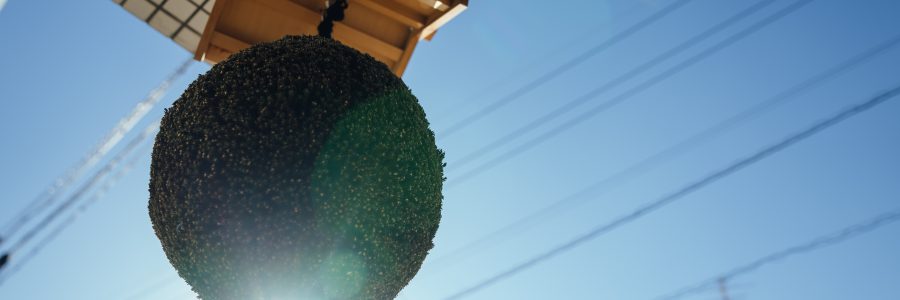
A year’s flow of Japanese Sake.
Japanese Sake is produced at a fixed time and in a fixed flow throughout the year.
I will explain “a year’s flow of Japanese Sake” in this blog.
Sake starts on July 1st and ends on June 30th of the following year as one year. The period of sake brewing is basically from autumn to spring, so July 1st is now counted as the beginning of the year.
May~June
Japanese sake brewing starts with rice brewing as a raw material. Rice planting will begin from May to June.
July
The brewing year begins in July. We will make preparations such as checking the equipment for the new year’s sake brewing.
September~November
Rice will become rice ears from around September. Therefore, from September to November, new rice is harvested and polished, and sake brewing begins little by little.
“Hiyaoroshi”, which is shipped around September, is a limited sake that is made by aging the sake made in the previous year and shipping it during the summer. After that, from October to December, the sake that was stored in the same way will be shipped in sequence.
December~March
In December, the preparation of sake will start in earnest. Most sake is brewed during the cold winter months of December-March. This is called Kanzukuri, which is a general method of sake brewing.
Cold brewing is the mainstream because the rice harvest starts around autumn and the temperature is easy to control and it is difficult for bacteria to grow in the cold season.
April
Except for sake that was shipped as new sake from January to March, store it and let it rest. The liquor that has been laid down will be reheated and shipped the following year.
That’s all a year’s flow of Japanese Sake.
If there is any Japanese sake you would like to carry in your store, please feel free to contact us! https://www.musubi-jp.com/blog/contact/
We also have EC store. You can purchase our original sake at SAKURA TOWN (https://sake-kampai.com/)
Thank you for watching!
See you next blog!